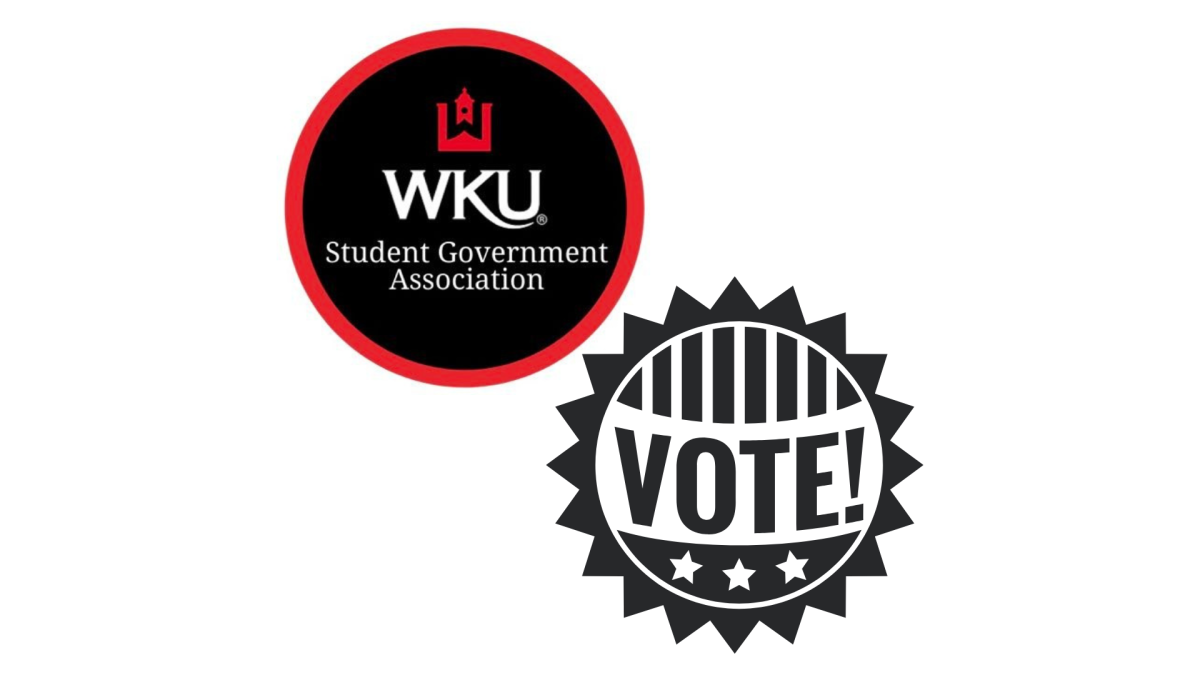CHH Politics: Experts Corner: China relations have room for improvement
October 12, 2012
For decades, the U.S. has struggled with how most effectively to handle relations with the People’s Republic of China (PRC). During much of China’s civil war (1927–1950), the U.S. backed the Nationalists (the Kuomintang) over the Communists, continuing to recognize the former as the legitimate government of all of China even after the Nationalists retreated to Taiwan.
The result was no direct relations between the U.S. and the PRC for 30 years, creating fertile ground for misperceptions during the height of the Cold War. After decades of ignoring political reality, the U.S., under Richard Nixon, finally reached out to China in 1971, with the establishment of diplomatic relations finally in 1979 under Jimmy Carter.
China’s growing economic and political clout now presents additional challenges. Whereas the U.S. originally focused on balancing engagement with China and continuing to provide Taiwan military support, U.S.-China relations are now considerably more complex. China remains North Korea’s economic lifeline, opposing increased sanctions on a regime that continues a nuclear program and threatens America’s long-time allies, South Korea and Japan. Yet despite common perceptions in the U.S., Chinese leadership has remarkably little control over their neighbor, a rogue regime that even failed to warn its closest ally regarding nuclear tests near their border. China provides financial and military assistance to several other authoritarian regimes, often in exchange for access to natural resources (e.g. Sudan), while threatening to use its UN Security Council veto to prevent peacekeeping missions in other hotspots.
More recently, China’s increased bravado in claims to disputed territories in the South China Sea (the Spratly Islands) and with Japan regarding the Diaoyu/Senkaku Islands suggests a rising power more willing to advance its own interests and potentially challenge that of their neighbors.
Still, viewing U.S.-China relations as adversarial in nature ignores increased mutually beneficial business and cultural exchanges as well as the more benevolent actions taken as part of the PRC’s “charm offensive”. Where once reluctant to insert itself into the domestic affairs of other countries, increasingly China has provided seemingly no-strings-attached aid, including to Haiti in 2010.
This was despite Haiti never having diplomatic relations with China. Similarly, viewing China’s economic growth as a zero-sum game both ignores emerging American opportunities in China and presupposes that China can continue such growth without additional economic, if not political, reforms.
Put bluntly, China needs a stable economic environment in order for a smooth leadership transition and to delay deeper political reforms, which ultimately requires greater engagement with the U.S. and other powers, not an inevitable escalation of tensions. China certainly presents unique challenges for U.S. interests, especially in a post-Cold War era characterized by American hegemony.
However, through increases in both diplomatic and non-governmental interactions, the U.S. can shape relations with China to promote mutual interests.
Timothy Rich is an assistant professor in the political science department at WKU
























